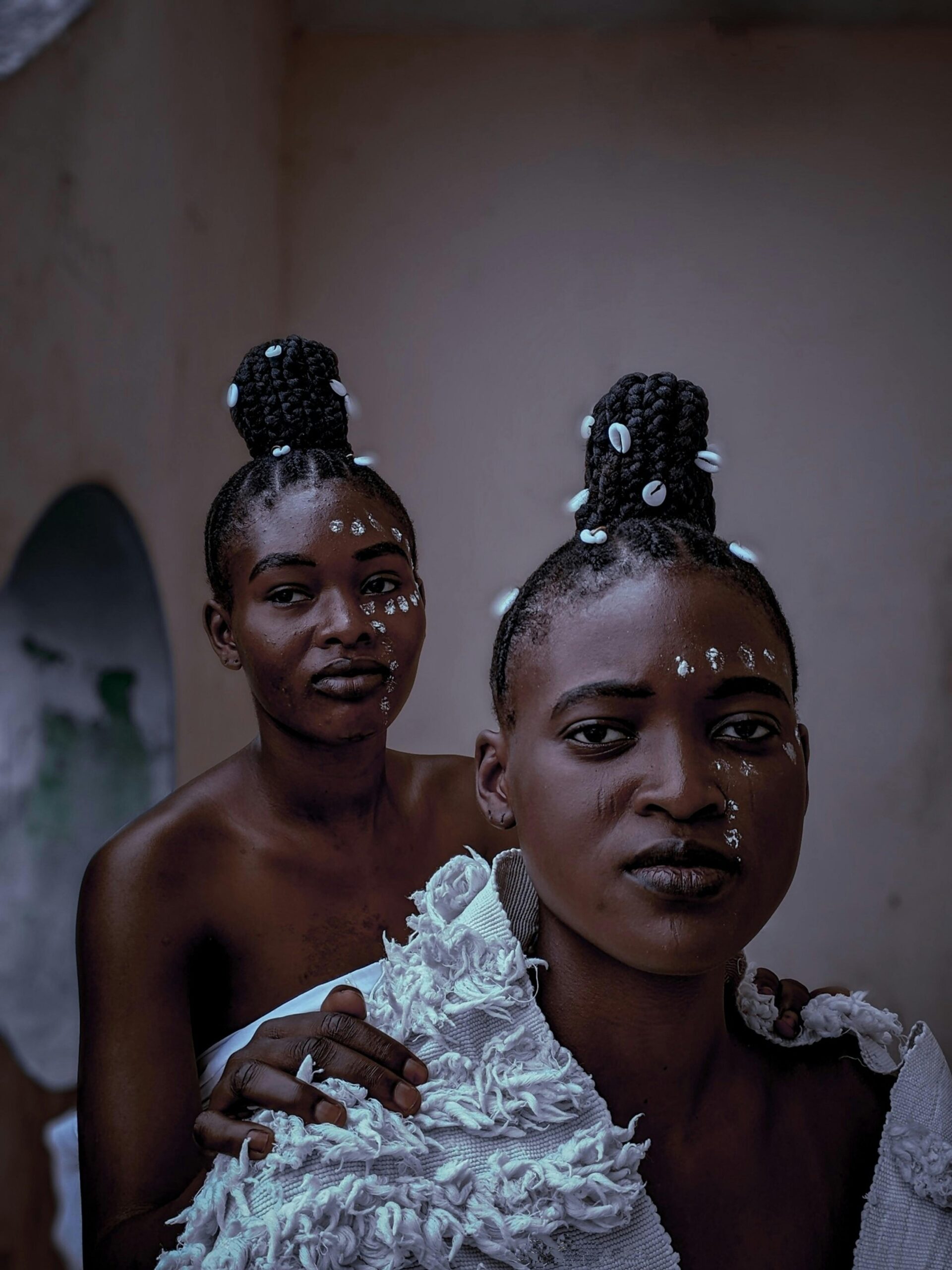By Nwokolo Stella for International Women’s Day 2025.
Amina’s voice trembled as she recounted her ordeal. After weeks of debilitating fatigue and weight loss, she mustered the courage to visit a clinic in southwest, Nigeria. Instead of tests for HIV or tuberculosis (TB), she was handed a verdict steeped in judgment: “This is punishment for your sins. Go home and pray.” Amina is not alone. Across Nigeria, marginalized women—those living in poverty, rural communities, or facing cultural stigma—are denied healthcare, dismissed with spiritual lingo while their bodies battle treatable diseases.
The Silent Crisis
Nigeria bears one of the world’s highest HIV burdens, with women accounting for 63% of adults living with the virus. For TB, women face delayed diagnoses due to stigma, and malaria remains a leading killer of pregnant women. Yet, systemic barriers lock marginalized women out of care. Clinics are often miles away, unaffordable, or staffed by providers who conflate illness with moral failure. Cultural norms exacerbate this: many women cannot seek care without male consent, while others fear abandonment if diagnosed with HIV.
The dismissal “Go home and pray” is not kindness—it is discrimination. Religious and cultural narratives too often override science, leaving women to suffer. In Ogun, a mother of three with malaria was turned away from a pharmacy, told her fever was “spiritual warfare.” In Kano, a teen girl died of TB after a traditional healer insisted her cough was “demonic.” These stories reflect a dangerous overlap of gender inequality and medical neglect.
The Policy Gap
Nigeria’s healthcare policies lack gender-responsive frameworks. Maternal health programs exist, but they overlook women outside traditional roles, like sex workers or HIV-positive mothers, and marginalized women. National HIV funding focuses on prevention and treatment, not the layered stigma women face when seeking antiretrovirals. Malaria initiatives distribute nets but fail to reach women in conflict zones. Without policies that address poverty, education, and gender-based violence, diseases like TB will keep thriving in silence.
A Call to Action
This International Women’s Day, we demand change:
- Policymakers: Allocate funds for clinics in rural areas, integrate gender sensitivity training for providers, and enforce laws against healthcare discrimination.
- Healthcare Workers: Replace judgment with compassion. Offer testing, not sermons.
- The Public: Amplify marginalized women’s voices. Support NGOs bridging gaps in care.
Amina survived because a community health worker intervened. But countless others won’t—unless we act. Prayer is powerful, but it cannot replace medicine. Let us build a healthcare system that sees, hears, and heals all women.
The time for change is now. Let our lives depend on more than luck.





